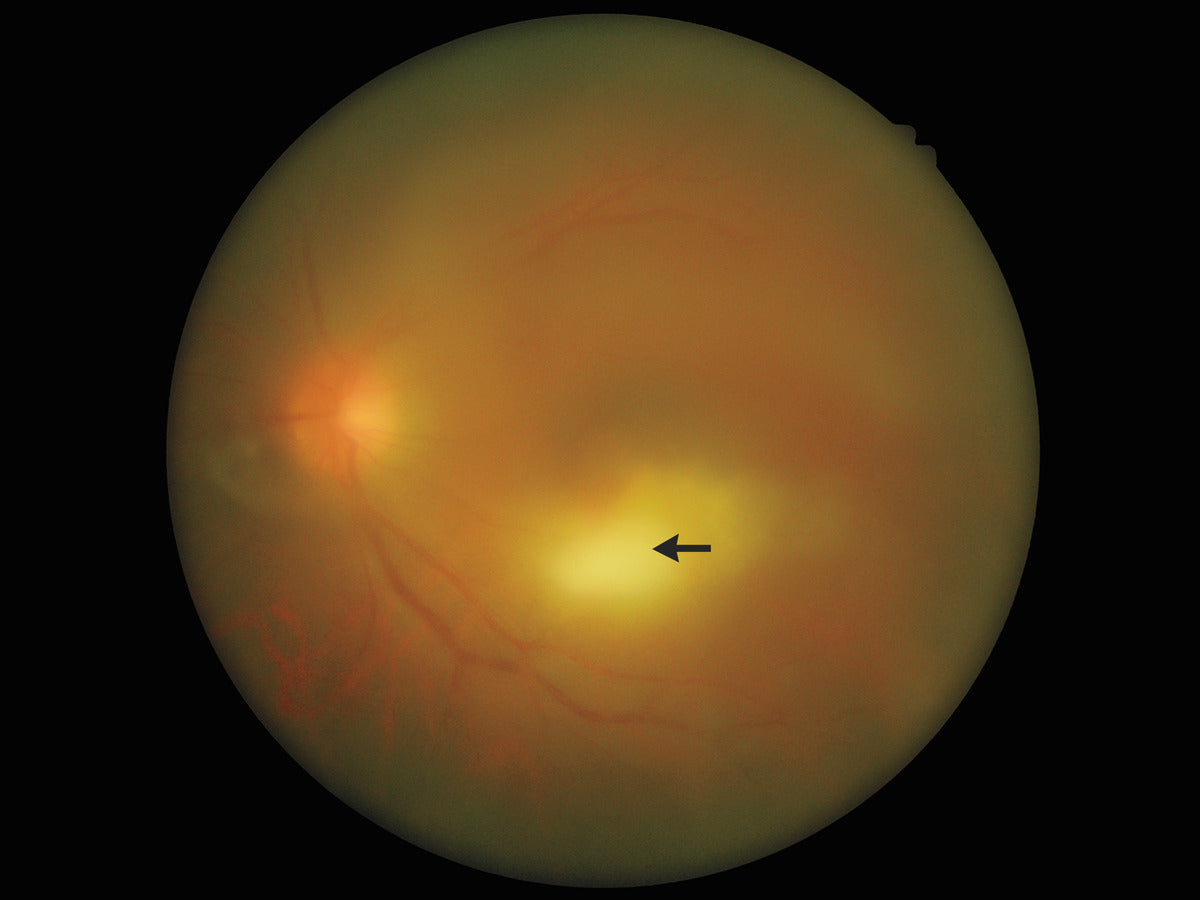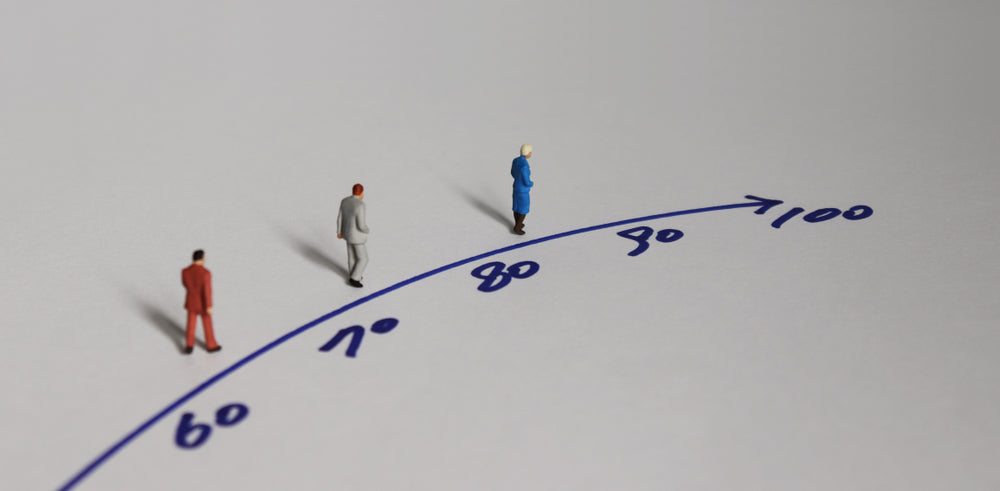Have you ever wondered why you can't resist the chocolate bar or that large McDonald's fries? Researchers wanted to try and determine if this is something inborn or if it is something the brain learns.
In order to try and find the answer to this question, researchers at the Max Planck Institute for

Metabolism Research in Cologne and Yale University conducted an eight-week study where one group of participants had a small pudding which was a high in fat and sugar every day along with their normal diet. The other group had pudding as well but while it had the same calories it had less fat. Study participants had their brain activity measured before and during the eight weeks.
Researchers found that the first group had their dopaminergic system activated. This is the part of the brain that deals with motivation and reward. Brain scans showed that the brain rewired itself to learn to prefer "rewarding" food: foods high in fat and sugar.
While the test group participants did not gain more weight than the control group and their blood sugar and cholesterol values were not affected either, researchers expect that the test group subjects would continue to prefer the high fat and sugar foods at the end of the study period.














